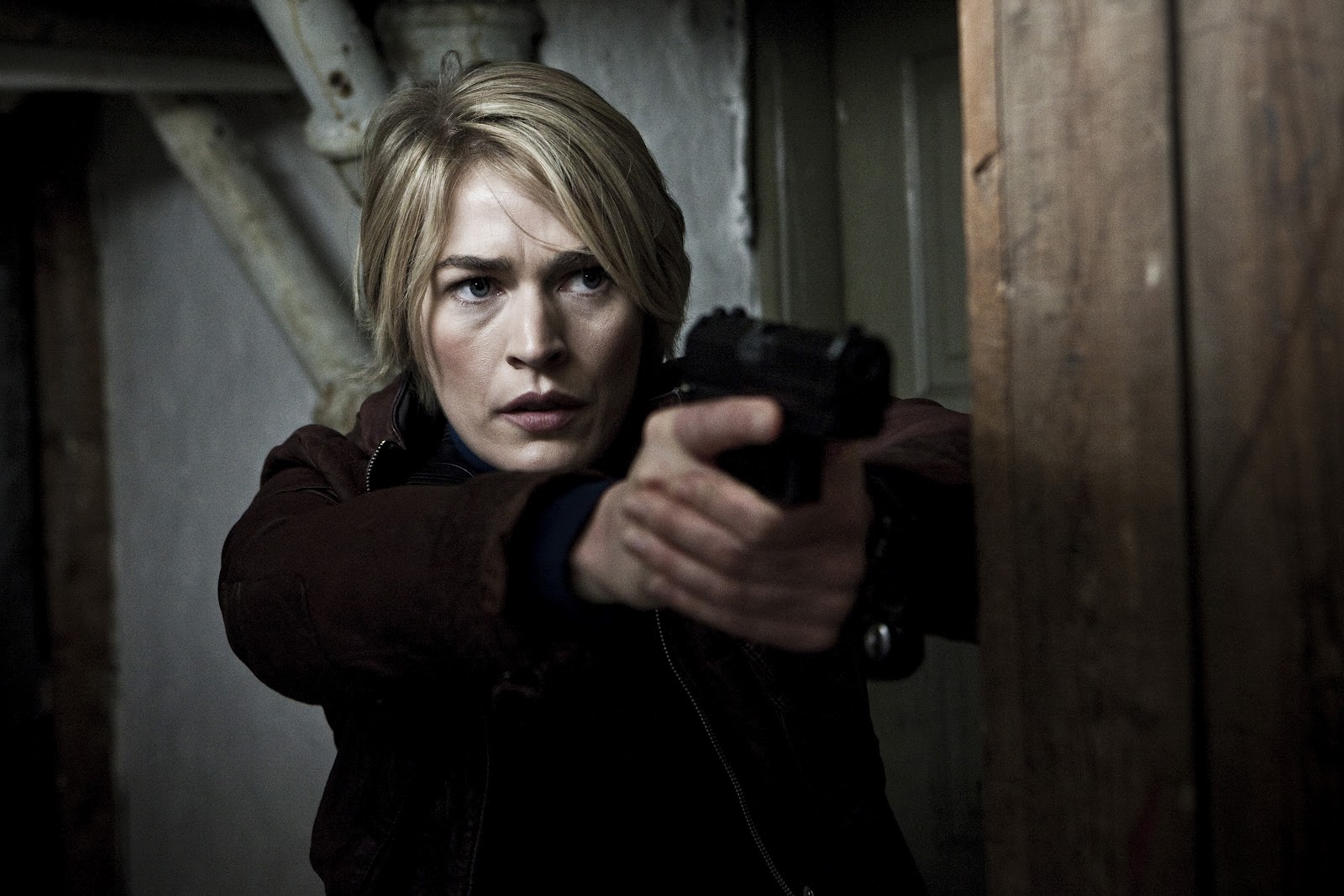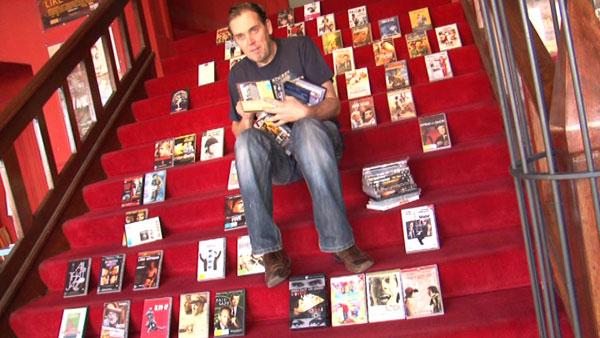KILLER JOE
 Sunday, July 22, 2012 at 12:10PM
Sunday, July 22, 2012 at 12:10PM Stars: Matthew McConnaughey, Thomas Haden Church, Emile Hirsch, Juno Temple and Gina Gershon.
Writers: Tracy Letts, based upon his play.
Director: William Friedkin.
MELBOURNE INTERNATIONAL FILM FESTIVAL Screenings - Fri 3 Aug, 11.30pm; Wed 8 Aug, 9.00pm.
Rating: 4/5

Awright, awright, longtime fans of Matthew McConnaughey. That Oscar speech we all hoped he would someday give but never really believed would ever eventuate seems a whole lot closer, thanks to his brilliantly evil titular psychopath, Joe Cooper, in William Friedkin’s trailer-trash noir gem, Killer Joe.
McConnaughey riffs off equally complex and blackly funny characterisations from Emile Hirsch, Thomas Haden-Church, Gina Gershon and Juno Temple to deliver a figure of commanding centrifugal force in this tummy-tightening slab of dusty, delirious immorality.
As the smalltown lawmen making blood money as a soulless hitman, the actor puts behind him a decade of limp rom-coms and shirtless tabloid pap-shots in one great performance. We can only hope it’s a kicker to a new phase in McConaughey’s career, where he delivers on the promise Hollywood held for him when he debuted his Newman-esque matinee idol screen presence in his first lead role, 1996s A Time To Kill. That same year, he impressed as charismatic lawman Buddy Deeds in John Sayles’ small town murder-mystery Lone Star, a character that could be seen as a forebearer of the dark soul he plays in Killer Joe.
Based on scripter Tracy Lett’s stage play, Killer Joe is the story of Hirsch’s Chris Smith, a desperate, petty loser deep in debt to bad people. When he discovers his ailing mother is heavily life-insured, he hatches a plan to off her with the help of Ansel (Haden-Church, equally Oscar-worthy), his droll, seen-it-all-before brother-in-law. Ansel’s brash wife Sharla (Gershon, whose on-screen introduction is priceless) and innocent teen-vixen daughter Dottie (Temple, a Teri Garr-like presence destined for a career of stealing films in great support parts) soon become caught up in the ridiculously ill-conceived murder plot.
That his films are still being sold by ‘From The Director of The French Connectiom and The Exorcist…’ taglines gives some indication to what a dichotomous curse those films were to the career of William Friedkin. After years in the critical and commercial wilderness, he has refocussed his output to deliberately small character pieces. The 2006 paranoid fantasy Bug (also a Letts adaptation) divided opinion, but few could argue Killer Joe is the work of a spent-force director. His handling of the extended, single-setting denouement (one of the few passages that point to the material’s stage origins) is a master-class of film tension.
Despite the small-room settings of many of the film’s key scenes (trailer kitchens, strip clubs, pool halls), Killer Joe feels broad and vast in its scope. The characters fill the screen beyond the edge of the frame; they make larger-than-life the viewing experience, even when five adults are crammed inside four tight walls, as is often the case. The dialogue crackles; the tension, palpable. Killer Joe is driven by a narrative momentum that enthrals. Even when McConnaughey is not onscreen, it is a cracking piece of character-driven entertainment; when he is, it something greater again.









